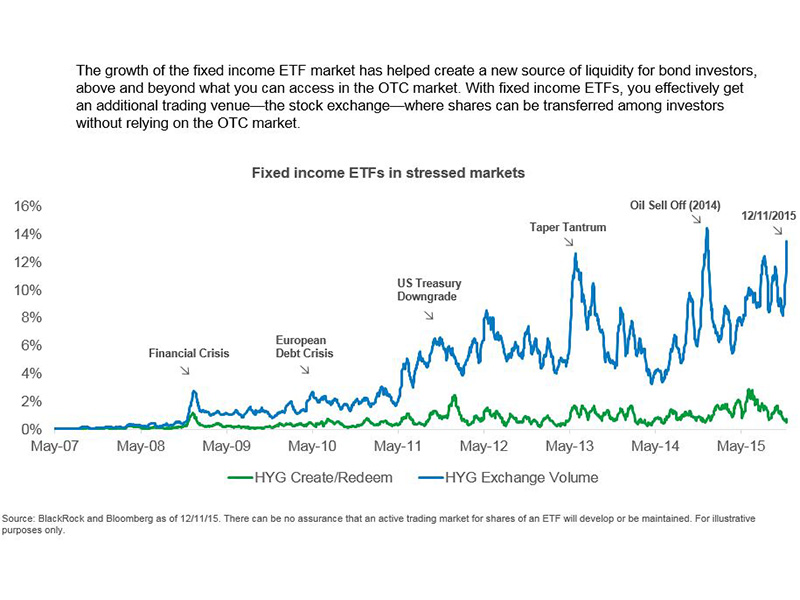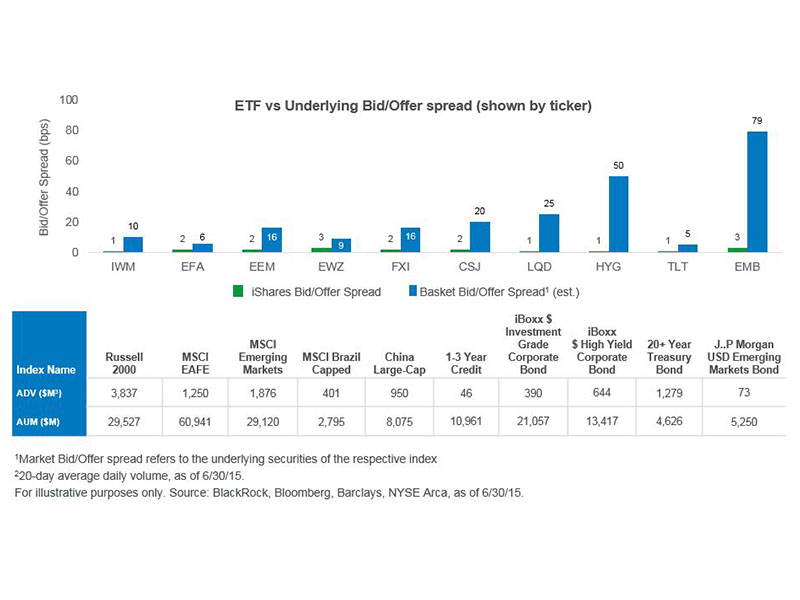Skip to content
Welcome to the BlackRock site for institutional investors
Before you proceed, please take a moment to review and accept the following Terms and Conditions:
BY CLICKING ON “I AGREE”, I DECLARE I AM A WHOLESALE CLIENT AS DEFINED IN THE CORPORATIONS ACT 2001.
What is a Wholesale Client?
A person or entity is a “wholesale client” if they satisfy the requirements of section 761G of the Corporations Act.
This commonly includes a person or entity:
- who holds an Australian Financial Services License
- who has or controls at least $10 million (and may include funds held by an associate or under a trust that the person manages)
- that is a body regulated by APRA other than a trustee of:
(i) a superannuation fund;
(ii) an approved deposit fund;
(iii) a pooled superannuation trust; or
(iv) a public sector superannuation scheme.
within the meaning of the Superannuation Industry (Supervision) Act 1993 - that is a body registered under the Financial Corporations Act 1974.
- that is a trustee of:
(i) a superannuation fund; or
(ii) an approved deposit fund; or
(iii) a pooled superannuation trust; or
(iv) a public sector superannuation scheme
within the meaning of the Superannuation Industry (Supervision) Act 1993 and the fund, trust or scheme has net assets of at least $10 million. - that is a listed entity or a related body corporate of a listed entity
- that is an exempt public authority
- that is a body corporate, or an unincorporated body, that:
(i) carries on a business of investment in financial products, interests in land or other investments; and
(ii) for those purposes, invests funds received (directly or indirectly) following an offer or invitation to the public, within the meaning of section 82 of the Corporations Act 2001, the terms of which provided for the funds subscribed to be invested for those purposes. - that is a foreign entity which, if established or incorporated in Australia, would be covered by one of the preceding paragraphs.
Generate more income potential across multiple asset classes.
As yields from cash and government bonds remain at near historic lows, the search for income is a top priority for many investors. We believe a multi-asset approach is one of the best ways to generate a good level of income in current market conditions. Enhance your income potential with a comprehensive portfolio including High Yield, Emerging Market Debt, Investment Grade and Corporate Bonds.
Investing for Income with iShares ETFs
Liquidity
The growth of the fixed income ETF market has helped create a new source of liquidity for bond investors, above and beyond what you can access in the OTC market. With fixed income ETFs, you effectively get an additional trading venue—the stock exchange—where shares can be transferred among investors without relying on the OTC market.
ETFs can offer an additional source of liquidity for fixed income investors

Cost-Effectiveness
iShares ETFs generally offer price improvement, making the ETF less expensive to trade than a comparable portfolio of bonds. Relative to a basket of bonds, ETFs offer the benefit of on-exchange liquidity, which often results in lower transaction costs.
ETFs may provide bond investors with significant cost savings

Exploring the New Income Toolkit
You can find more sources of income by taking a multi-asset approach. Use the toolkit below to increase your income potential.
More articles loaded. Use Shift+Tab keys to browse.
Total articles:
-
High Yield: Strong Fundamentals
High yield has historically outperformed other fixed income asset classes in recovering markets with rising interest rates1 and continues to be supported by solid fundamentals.2
-
Emerging Market Debt: Surprising quality
The quality and risk profile of the emerging market debt market has seen considerable improvement in recent years. Low correlation to developed market debt and emerging market equities has made this asset class a popular vehicle for diversification.
-
Investment Grade Corporate Bonds
For more defensive income seekers, global investment grade corporate bonds offer higher credit quality, while accessing yield from exposure to leading companies across a range of sectors and geographies.
1BlackRock 30/06/15: High yield (as represented by Barclays Capital US High Yield Index) has outperformed Treasuries (as represented by Barclays Capital US Treasury Index) and Bank Loans (as represented by “S&P Leveraged Loan Index).
2BlackRock 30/06/15: Default risk is currently half the long-term average, as measured by the J.P. Morgan Global High Yield Index, 1987- June 2015.
Why iShares for income?
-
A single iShares trade can provide instant exposure to a diversified portfolio of securities, by asset class, market capitalisation, country or sector. This diversification can help reduce concentration risk and give investors exposure to additional sources of potential return when building income portfolios.
-
Management and transaction costs have the potential to have a meaningful impact on the return of an income portfolio. iShares can be a cost-effective way to gain exposure to a diversified portfolio of securities. iShares are generally less expensive than investing in actively managed funds and even some index funds, and can also be less costly than purchasing a large number of individual shares or bonds.
-
With the minimum investment size for some bonds being up to $500,000, it can be difficult to achieve a diversified exposure to income assets. With iShares you can easily gain access to a diversified portfolio of fixed income securities through a simple trade on the ASX.
-
By trading like shares, iShares provide investors with the flexibility to trade at any time during ASX market hours. This gives investors the flexibility to tailor and adapt their portfolios towards their specific income objectives with ease.
-
The holdings of each iShares are publicly disclosed daily, so that investors always know exactly what they hold in their portfolios and can better understand sources of risk and return.



